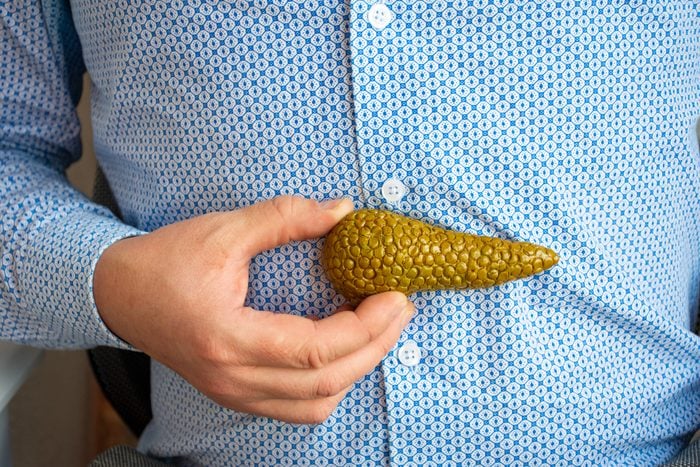
You can survive without some organs
The human body is full of tissues, bones, other little-known body parts, and organs. However, you can actually get by without some of the body parts you were born with. While in most cases it’s not ideal (you often have a pair of organs for a reason!), survival can be possible. For some organs, other body parts can take over their function, while for others, survival is possible with the help of modern medicine. Here are the ones experts say you can live without—and why.
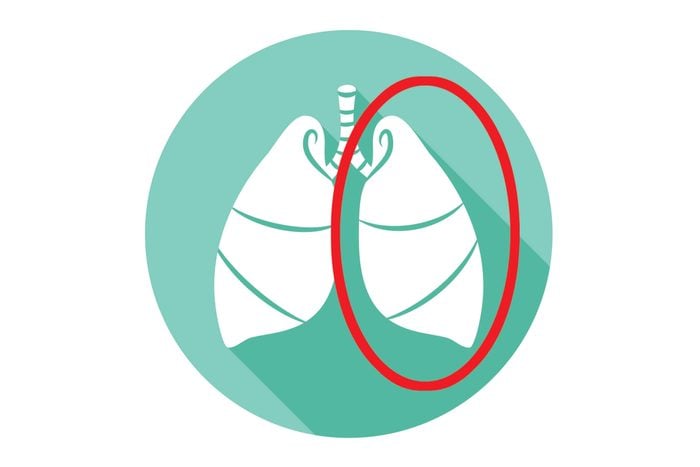
One lung
You need at least one lung to breathe, but the other can be removed to treat lung cancer, tuberculosis, or other lung diseases. Breathing is harder but still possible when one of the organs is removed. “The lung is a fixed cavity in the chest, so it can’t really get bigger,” says Julie Heimbach, MD, transplant surgeon and surgical director of liver transplantation at Mayo Clinic.
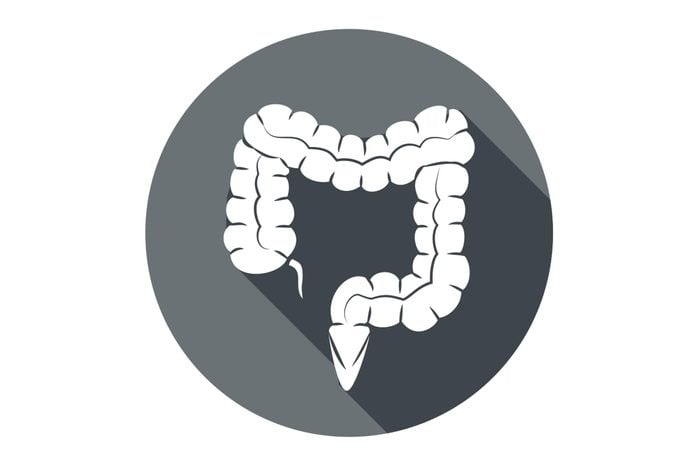
Colon
The large intestine might have to be removed to treat colorectal cancer or an inflammatory bowel disease such as Crohn’s disease or ulcerative colitis, and the doctor might need to take the rectum out along with it. A surgeon would either connect a pouch made of the small intestine to your anus so you can pass stools as usual, or divert waste from the small intestine to an opening created in the abdomen, which would empty into a bag outside the body, says Dr. Heimbach. (It’s called a colostomy bag.) Patients might have more bathroom trips and typically need to change their diets to avoid diarrhea.
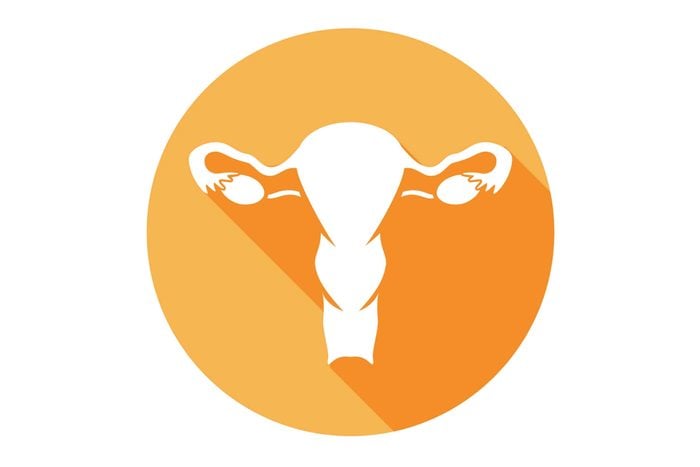
Reproductive organs
While reproductive organs are important for hormone production, your sex life, and having children (if that’s important to you), they aren’t necessary for survival. A 2015 study in Sexual Medicine Reviews found a hysterectomy, or removal of the uterus, didn’t have a negative impact on most women’s sex lives. If the ovaries are removed, hormonal changes can cause early menopause and a loss of libido. For men, having just one testicle removed (whether due to an injury, testicular cancer, or another reason), probably won’t affect their sex life much, says Eric A. Klein, MD, chairman of the Glickman Urological and Kidney Institute at Cleveland Clinic. “A single testicle is all that’s needed to produce testosterone (which is necessary for a sex drive),” he says. If both are removed, your libido would go down significantly. And although you wouldn’t be able to produce sperm, orgasm can still often be achieved. For men with prostate cancer, removal of the prostate can sometimes cause erectile dysfunction and incontinence, says Dr. Klein.

Bladder
Patients with bladder cancer or, on rare occasion neurogenic bladder (when a problem with the nervous system affects bladder control), may need to have the organ removed—and the prostate and lymph nodes or uterus, ovaries and possibly part of the vagina along with it, says Georges-Pascal Haber, MD, PhD, urologist with Cleveland Clinic. Doctors use a piece of intestine to divert urine that used to be stored in the bladder. The intestine can either form a “neobladder” that pushes urine out through the urethra, an “Indiana pouch” that patients manually drain with a thin tube, or an “ileal conduit urinary diversion” that sends urine into a bag outside the body, says Dr. Haber. Because a neobladder or Indiana pouch can’t sense when it’s full like the bladder does, patients might need to set alarms every three or four hours to remind them to empty it. However, over time people might be able to sense when it needs to be emptied. “They start to recognize when the bladder is full through hot flashes or different symptoms,” says Dr. Haber. (Here are 13 more things your bladder wants to tell you.)
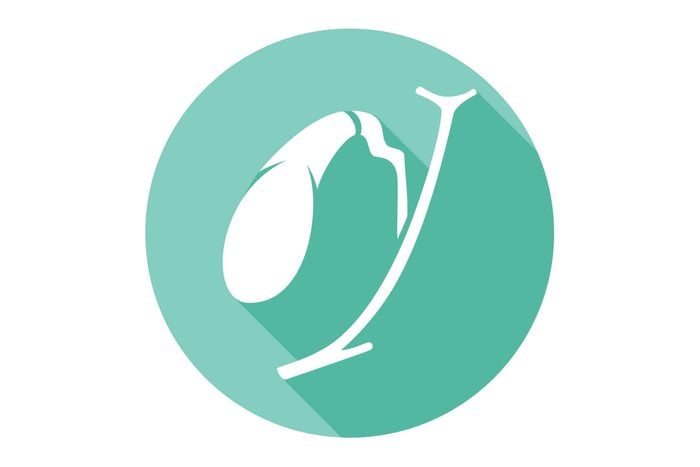
Gallbladder
The liver makes bile to break down fats, and that bile gets stored in the gallbladder, a small sac under the liver. The gallbladder releases bile when you eat a particularly fatty meal—but your body doesn’t rely on that stored bile to break down foods. Gallstones—hard, stone-like deposits derived from cholesterol and other substances—are the most common reason the organ would be removed.
Most people have a steady enough diet that they won’t notice much difference when their gallbladder is gone, says Dr. Heimbach. “They don’t need that extra bile because your body is used to your diet and knows how to digest it,” she says. “It might have been more important in the past, when we didn’t have such a steady diet.” However, the body needs to adjust after surgery and you may have trouble digesting fats; some people experience diarrhea or other side effects.
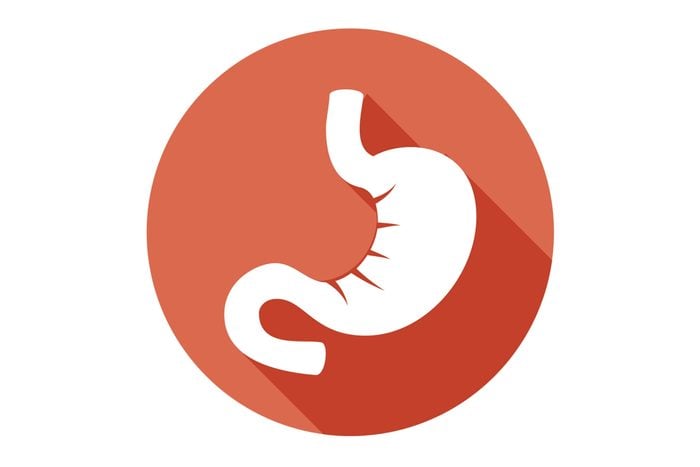
Stomach
With some weight-loss surgeries—and for aggressive stomach cancers that haven’t spread to other parts of the body—patients might have part or all of their stomach removed. (Learn about the mysterious stomach pain that’s often mistaken for cancer.) Normally, the stomach absorbs vitamins and jump-starts digestion by mixing foods with acids to break them down. Once the stomach is gone, surgeons will connect the esophagus directly with the small intestine. After surgery, patients can still eat solid food, but they’ll only be able to handle smaller quantities and might need to avoid certain foods to avoid “dumping syndrome” when the food passes quickly into the small intestine, says Abdullah Shatnawei, MD, gastroenterologist at Cleveland Clinic. “As food is dumped into the small bowel, sensations of dizziness, lightheadedness, sweating can occur, as well as bloating, satiety, fullness,” he says. They might also need a sudden trip to the bathroom.
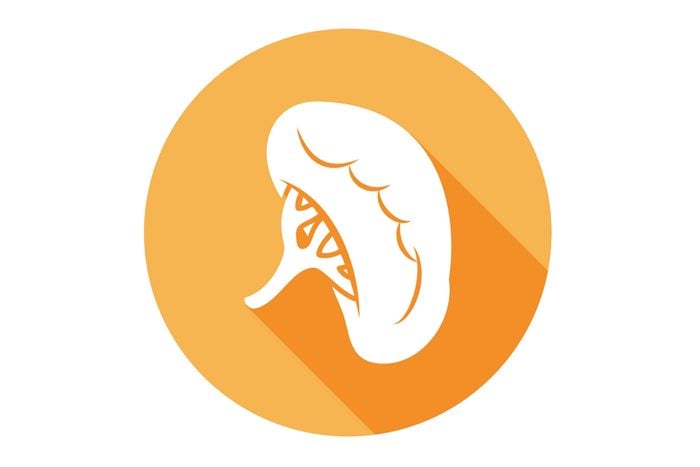
Spleen
The spleen’s main function is filtering blood, but it might be removed if it’s damaged or diseased, such as for the blood disorder, idiopathic thrombocytopenic purpura. Because it plays an important role in the immune system, patients are more likely to get sick once it’s removed. “We do have to give patients who are getting their spleen removed certain vaccinations because they are going to be more at risk for certain infections,” says Dr. Heimbach.
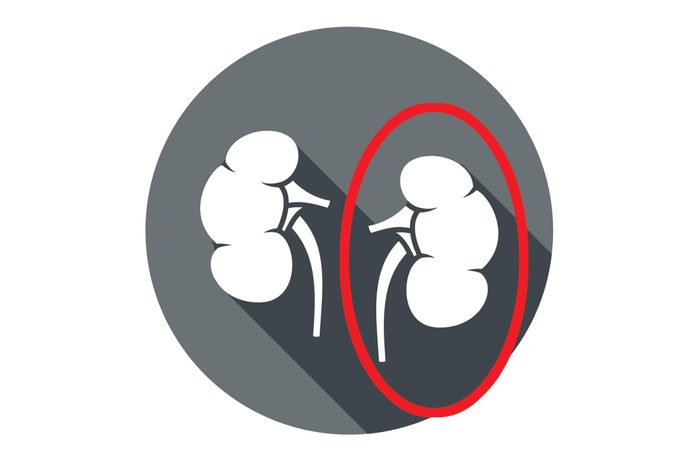
One kidney
Even though kidneys are vital organs, people are able to donate a kidney. Why? Two kidneys have more than enough capacity to meet your body’s needs; you can still process waste effectively with just one. In fact, donating one kidney can actually save multiple lives, due to donor matching programs. One woman saved at least 23 lives with a kidney donor matching campaign. As long as a donor has healthy kidneys, “they will have reduced kidney function but still have more than they need to keep living,” says Dr. Heimbach. (Watch out for these silent signs your kidneys are in trouble.)
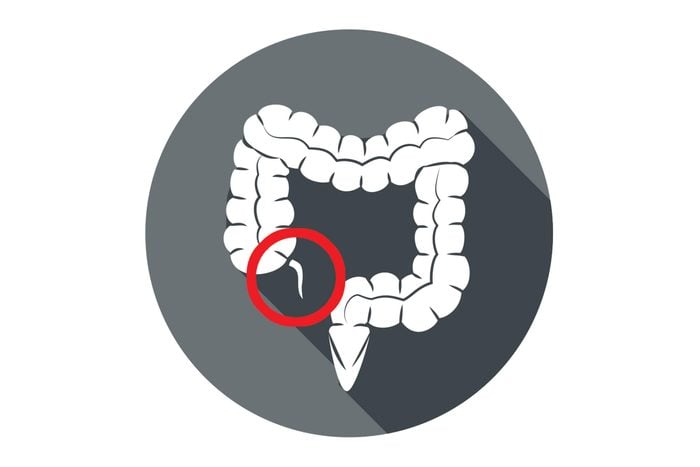
Appendix
The function of the appendix isn’t totally clear. Some experts think it’s a useless organ that served a purpose for our ancestors, while 2017 research from Midwestern University suggests it might be keeping “good” bacteria safe. For some people, though, it does more harm than good, and may lead to appendicitis. “It does get blocked up and infected and has to be removed sometimes,” says Dr. Heimbach. Even if it does play a role in immunity, there haven’t been any long-term health effects associated with getting an appendix removed.
